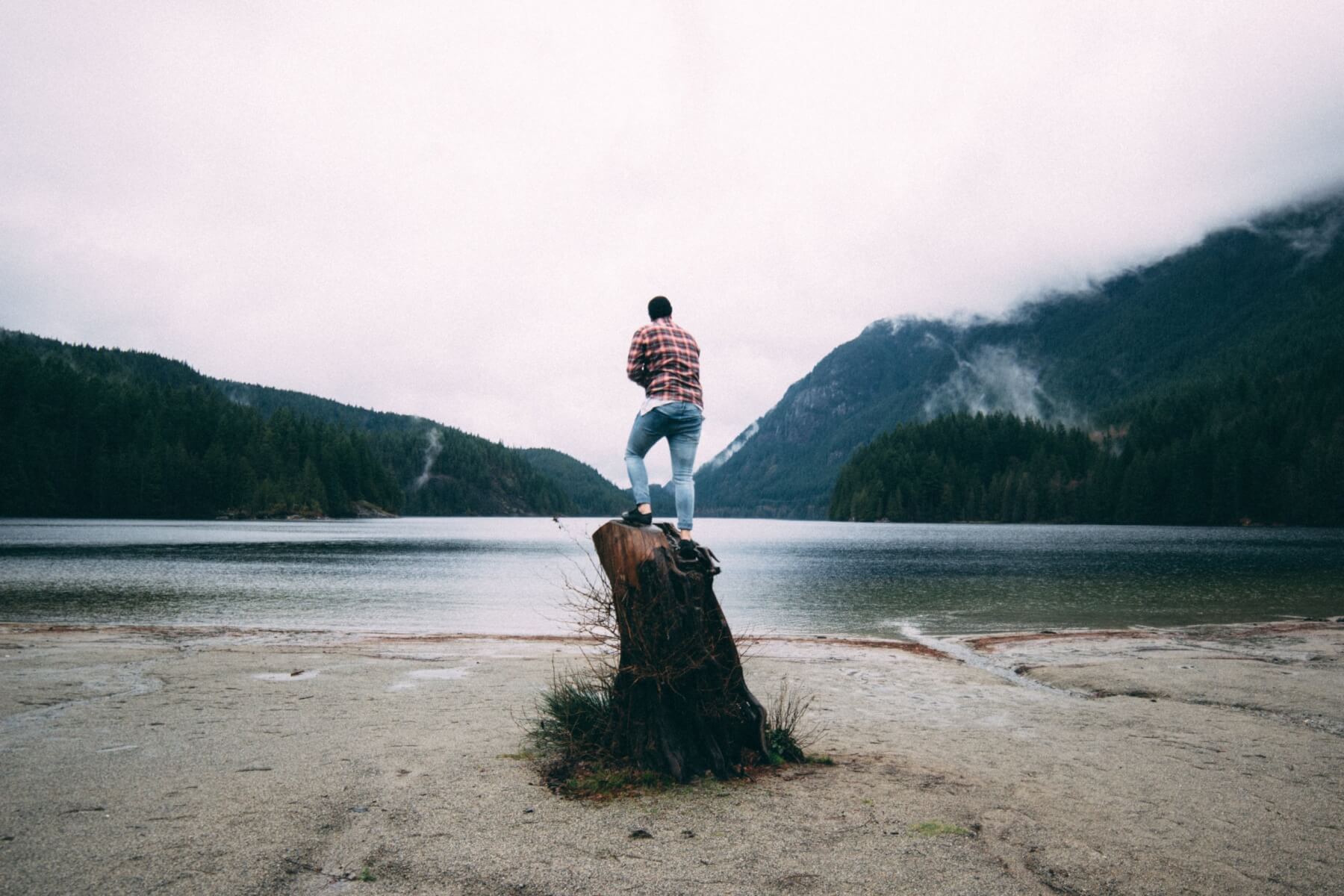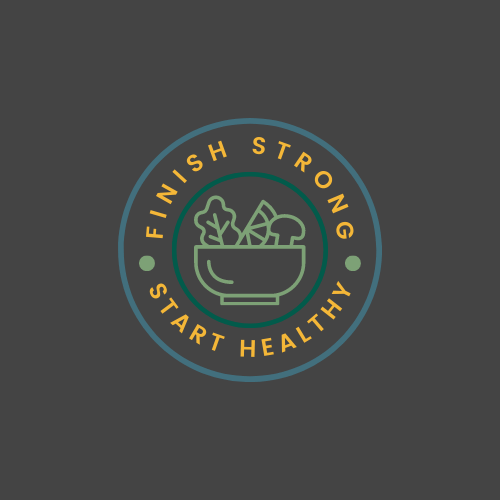This winter a gratitude journal transformed my mountain biking failure.
It all started when I signed up for a group mountain bike ride called “Beginner ride, no mountain biking skills needed.” I’ve been road biking for years. I do not ride fast, compared to the lean, cheerful MAMILs one finds in bike clubs. (Middle Aged Men In Lycra.) Yet this ride was only twelve miles long, and I thought I should be able to hold my own even though I’d never ridden on a single-track path in Colorado, nor used the bike borrowed for this grand adventure.
After greetings and the declaration that this was a no drop ride, which means they stop at intervals to wait for everyone to catch up, we started barreling down a narrow dirt rut about a foot wide, dodging rocks, bumps, pedestrians, and dogs. I thought it made sense to brake every time we, say, made a ninety-degree turn before a massive tree trunk, but no! That just put me further behind. BEGINNER RIDE! I kept screaming in my head. NO SKILLS NECESSARY!
Mountain Biking Failure
Soon I began to struggle for air. Had I held my breath because I was scared? Am I still not used to Colorado altitude? (I’ve lived here a year now, so that excuse wears thin.) Was I horribly out of shape, and didn’t know it?
Ahead of me loomed the first hill. It wasn’t a big hill, by road bike standards. The rest of the group was already near its top. Up ahead a nice man stopped by the side of the path and took his time removing his jacket while he waited for me to catch up. I realized this must be the no drop part, as I also noted that the temperature might have climbed all the way up to 45 degrees.
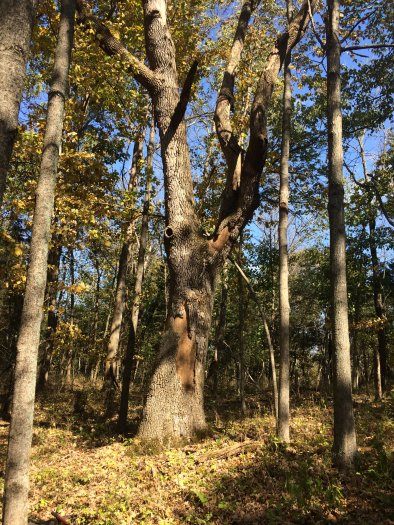
“Whew! It’s warm!” he said.
“This is too much for me,” I said.
“Your seat is too low. Mountain bike frames are smaller. You need full leg extensions for climbs,” he said.
“I can’t do it,” I said. “Tell the group leader I’m going back.”
Really, he was very nice, and he was correct. I rode better after I raised the seat. Even though I enjoyed cruising easier paths on my own after I bailed from the group, I felt like a failure. I thought I was in decent shape, and I couldn’t even complete a twelve-mile beginner ride!
Growth Mindset
What makes you feel like a failure? How do you deal with it? If you don’t do something well, does that mean you’re not cut out for it and should give up? That’s called a fixed mindset.
A growth mindset, on the other hand, embraces the idea that most abilities can be developed with dedication and hard work.
I guess the answer depends on what it is, and your reason for doing it. I recall a saying that seems to go against common sense.
Whatever is worth doing, is worth doing badly—G. K. Chesterton.
Chesterton was a Christian philosopher who argued that most of what must be done to make the world go ’round is done by the average Joe who does not do it perfectly—or sometimes even well.
Self Talk
As I drove home that day, critical thoughts circled in my head. “You are so weak! You think you are healthy, but you’re obviously not! You’re too old to learn how to do this anyway!”
Gratitude Journal Transformed
The next morning I applied the practice of gratitude journaling to my disappointment. I wrote down what was good about the outing.
- Spending time in sunshine on a cold winter weekend lifted my spirits.
- As a southern transplant, I was surprised and happy to discover I can bicycle in forty-degree weather without freezing.
- A kind woman on the ride offered to go with me on another beginner ride.
- I burned 1000 calories.
Mountain Biking
I learned it wasn’t my imagination or terror that made the ride feel hard. Apparently mountain biking requires up to 100% more energy than a road ride of similar length and climb. Perhaps that’s one reason why Colorado is the state with both the most miles of mountain bike trails and the lowest prevalence of obesity in the United States.
Healthy Habits
As I wrote in my book De-Stress Your Life: Turn Chaos Into Calm
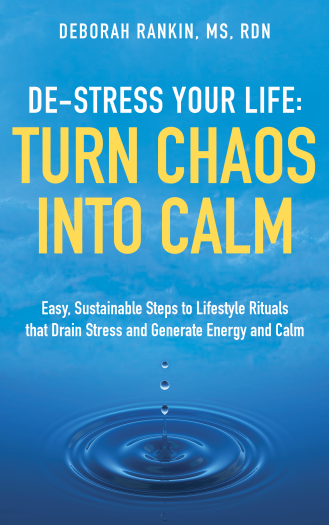
regular exercise improves mental function, learning ability, medical health, mood, and work success. I want to mountain bike because I know it will strengthen my muscles, improve my coordination and balance, burn calories, and give me a chance to spend time in nature. According to Stanford University behavior scientist B.J. Fogg, the key to success with a new activity is to start small and make it fun. https://www.youtube.com/watch?v=AdKUJxjn-R8 Before I tackle single track mountain biking again, I’ll ride on a gravel, dirt, or grassy trail, and plan another fun experience afterward—like checking out small towns nearby with coffee shops, diners, or museums. I will enjoy the journey!
Burnout Recovery
If you feel drained, overwhelmed, cynical, and discouraged, you may be suffering from burnout. For more information about burnout, read here: https://deborahrankinrd.com/burnout-everything-you-ever-wanted-to-know/
I also encourage you to reflect on G.K. Chesterton’s words. Perhaps you contributed to the common good, helped yourself, or supported other people whom you care about when you did something important, even if you did it badly, or imperfectly. Might that lift your discouragement, relieve your stress, and give you a reason to keep going?
I don’t enjoy feeling like a failure. Yet if I take away all the things in life I have done badly, I would be left with a lonely, cold existence, and would have missed many incredible adventures.
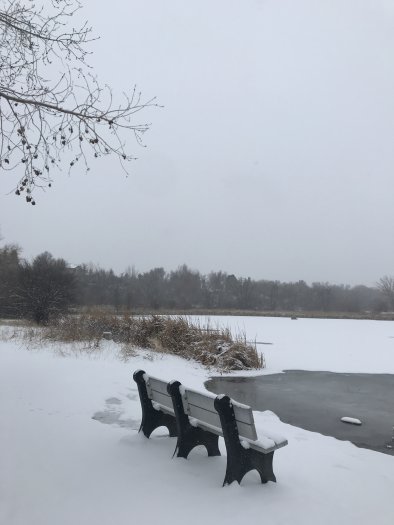
Living fully means accepting the risk of failure. I am glad a gratitude journal transformed my mountain biking failure. It will not be my last ride!
© 2021 Healthy Habits Communications LLC


